
A More Resilient Approach to Satellite Communications for the Military
“Resilience” means designing ground systems that can survive a contested environment, adapt to changing commercial offerings and still deliver reliable communications.

“Resilience” means designing ground systems that can survive a contested environment, adapt to changing commercial offerings and still deliver reliable communications.

Across Iran, demonstrations persist despite executions, mass arrests and militarized repression. This level of endurance reflects organization and deep popular support.
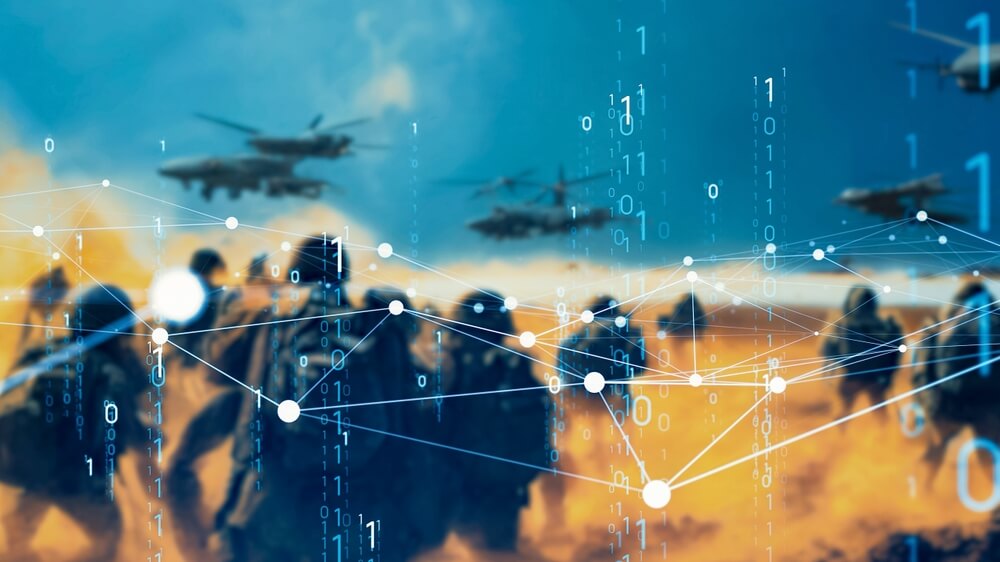
The reality is that the U.S. lacks a reliable method for sharing mission data across allied forces quickly and securely.

Seoul is planning to deploy four electronic warfare aircraft by 2034. Such a decision is a landmark that indicates a doctrinal shift.

As the volume of data fed into artificial intelligence models increases and its velocity accelerates, the attack surface grows.

Defense electronics are the endgame, and scaling up mineral capacity without doing the same for electronics will lead to failure.

Three critical elements must be considered to ensure the architecture is both viable for the short term and flexible for the long term.
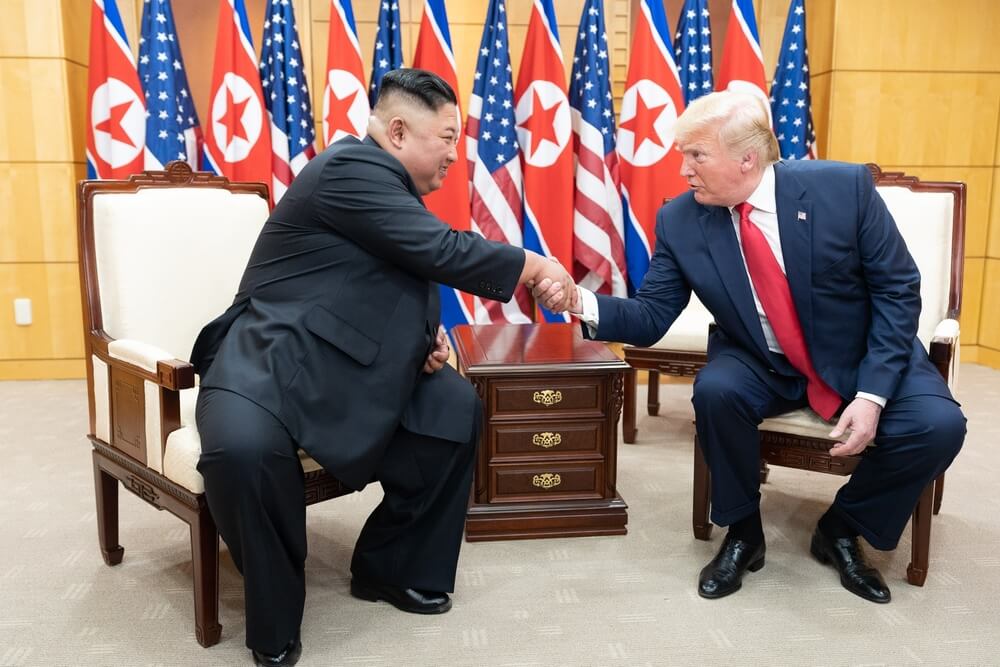
If President Trump meets with Kim again, the outcome will likely be the same as his faux summit with Russian President Putin.
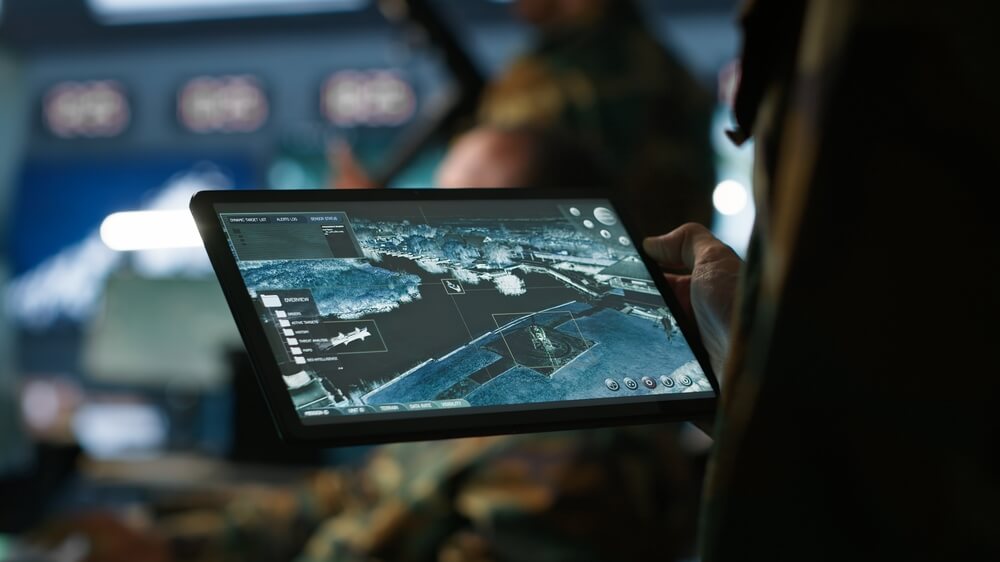
Tablets used by the military are assembled with parts that trace back to companies under China’s control, with some flagged by Congress for ties to the Chinese military.

As the Pentagon works to operationalize AI and data at scale, generative AI is driving efficiency and mission-readiness across the military services.

A transfer could slow decision-making and complicate alliance coordination during the unprecedented chaos of a dual contingency.
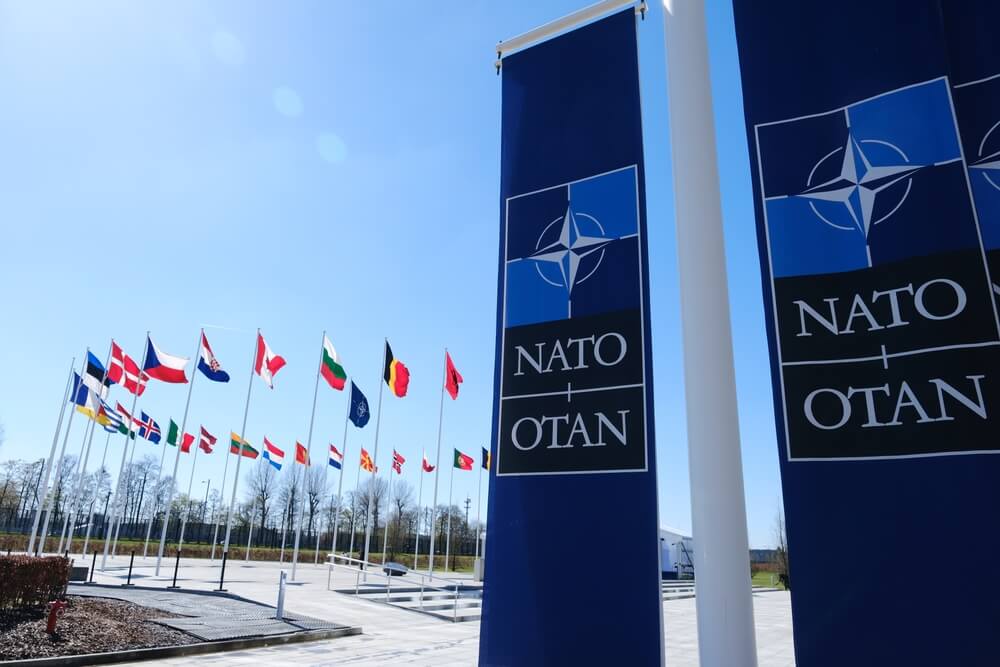
The greatest national security risk stemming from this surprising omission is before, not after, any actual hostilities with China erupt.

Applying the zero trust approach to information technology is familiar territory, but applying it to operational technologies is fundamentally different—and far more complex.

No analysis has yet proven that the new auction of the lower S-band spectrum won’t impair vital military systems, now and into the future. Done wrong, an auction could disable some of America’s most advanced capabilities.

Artificial intelligence should have a role in any unified threat intelligence strategy for the U.S. military, because of its incredible potential to accelerate production of actionable intelligence and decision-advantage workflows.

The United States has ceded its leadership position in space-based positioning, navigation and timing, with stark ramifications for most all U.S. critical infrastructures and the U.S. military.

The escalating frequency and intensity of wildfires demands something new to combat them — a wholesale embrace of the most powerful technology available: military-grade artificial intelligence.

Taiwan should speed up adoption of a “porcupine” approach to its own defense, enabling it to inflict substantial damage to any invasion force through development of asymmetrical capabilities.

Congress instructed the Department of Defense to assess the risks to its pharmaceutical supply chain. But the department’s choice of vendors —Valisure Laboratories— has raised eyebrows in the legal and public health communities.
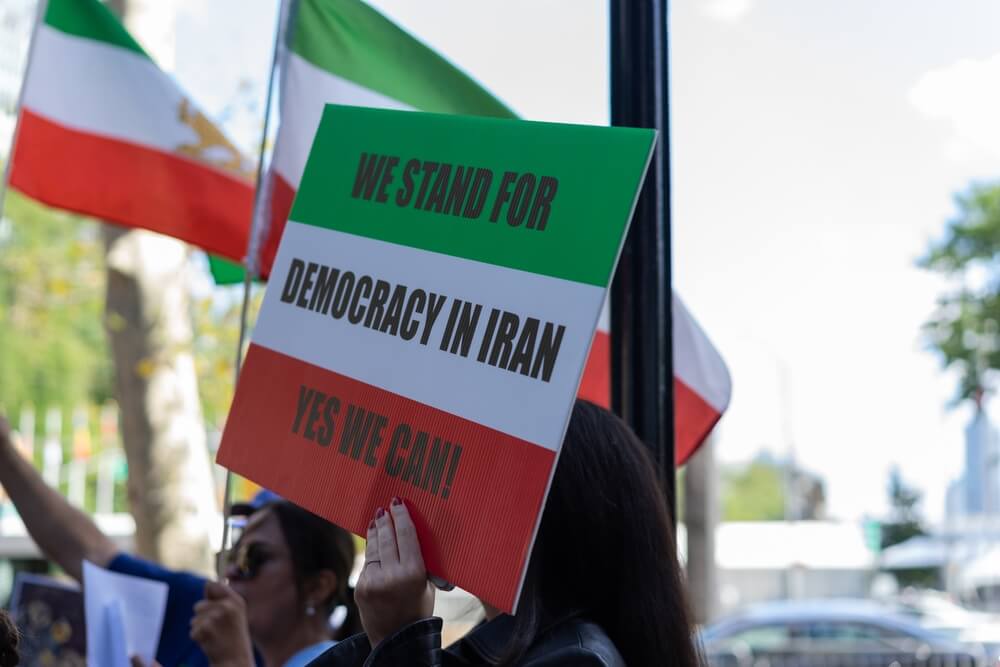
For decades under a religious dictatorship, Iranians have demonstrated a profound resilience and a steadfast desire for democratic change. The United States has a pivotal role to play in supporting these aspirations.
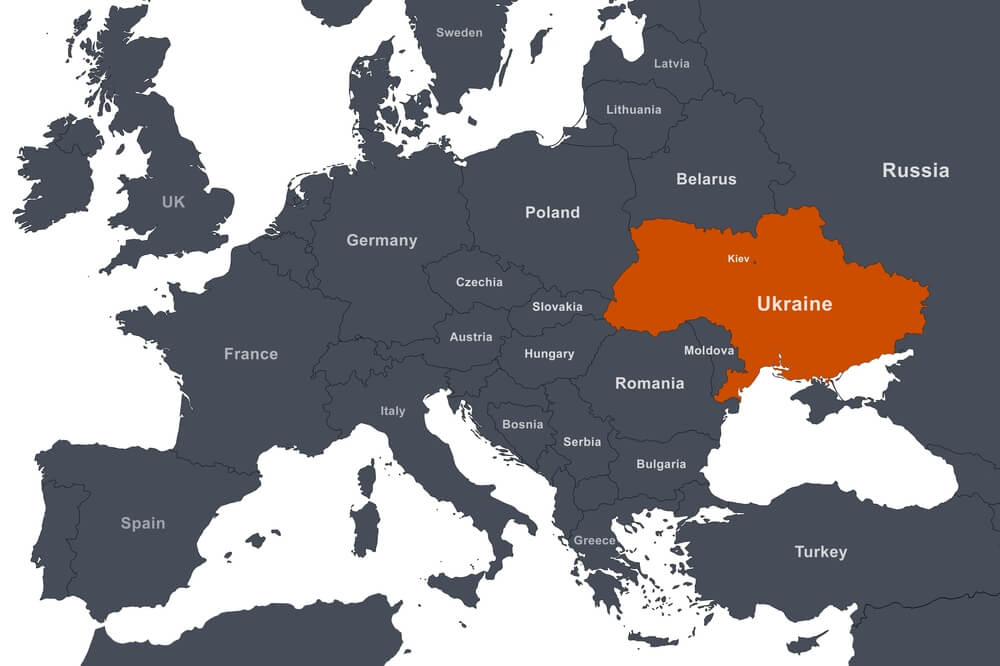
U.S. policy is burdened by strategic dithering — supporting Ukraine enough to not lose, but not enough to be victorious.

Millions of military servicemembers and veterans could be targeted by foreign governments, unless the government does everything possible to crack down on unaccountable data brokers who collect and sell extremely detailed personal information on all Americans.

Americans face a pivotal choice at the ballot box that will shape the future of our nation’s veterans.
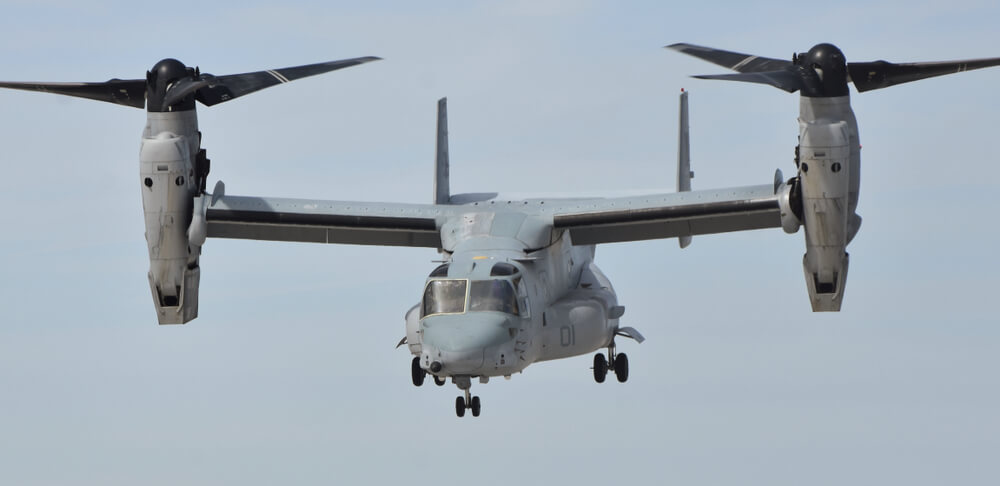
Every military aviation accident is a tragedy, and we must always strive to improve safety. But context is important, and the idea that the V-22 is more dangerous than other aircraft is just a myth, pure and simple.

Championed by a bi-partisan group of 40 lawmakers, the Senate resolution designates Nov. 17 as “National Warrior Call Day,” a major effort that draws attention to those service members and veterans perilously disconnected from family, friends and support systems.

The VA’s Office of Patient Advocacy is a huge and complex system that can be difficult for veterans to navigate. It is tough for staff to respond to each and every veteran. Hence the need for more advocates.

The D.C. region leads the nation in national security jobs anchored in math. But the region’s K-12 students must be better equipped if they are to participate. Area schools and educators must help them overcome serious math deficits.

The U.S. Air Force is teetering on the edge of losing its precious lead in jet engine expertise by delaying or restructuring its secretive Next Generation Air Dominance, or NGAD fighter.

The data will offer a new and much-needed lens for high schoolers and their parents on what a career in the military could mean – financially and in potential career skills and upward workforce mobility.
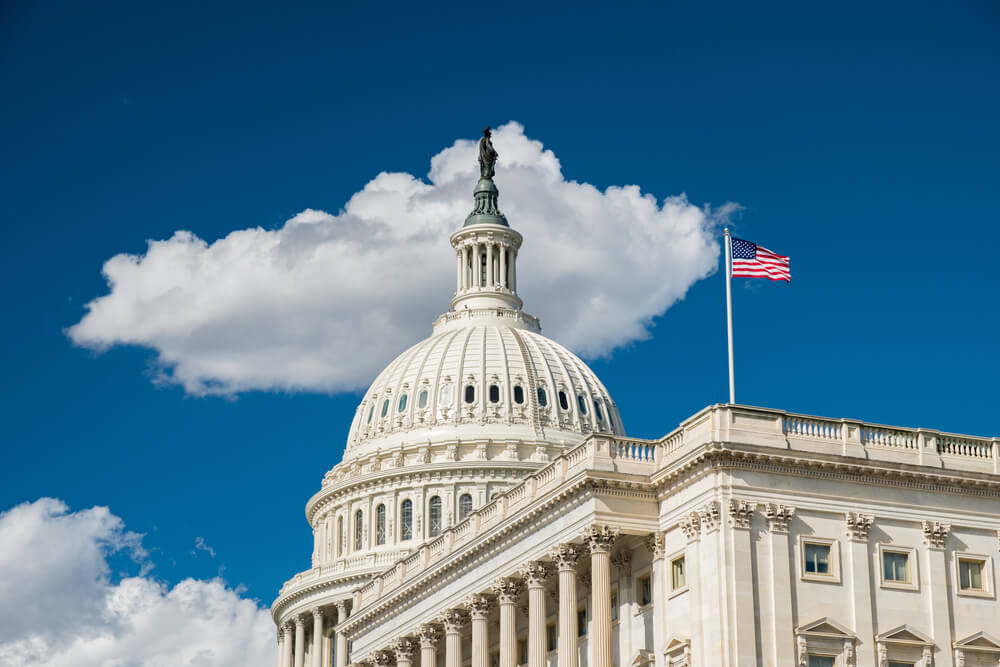
Neither commission is headed by a senior retired military officer or a senior civilian who has the credentials to promote meaningful recommendations and persuade government bureaucracies to act. A senior leader is essential to spur change.